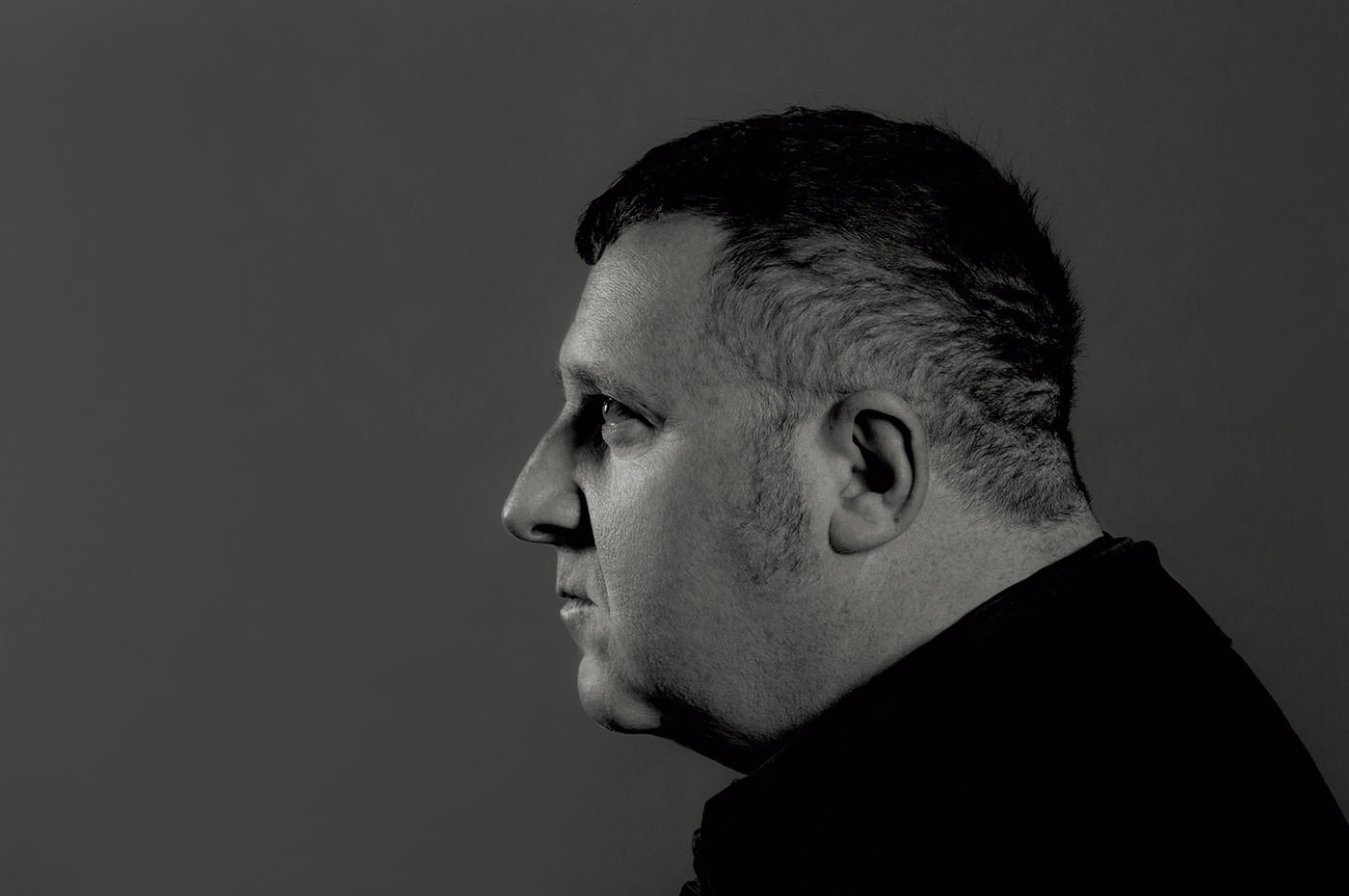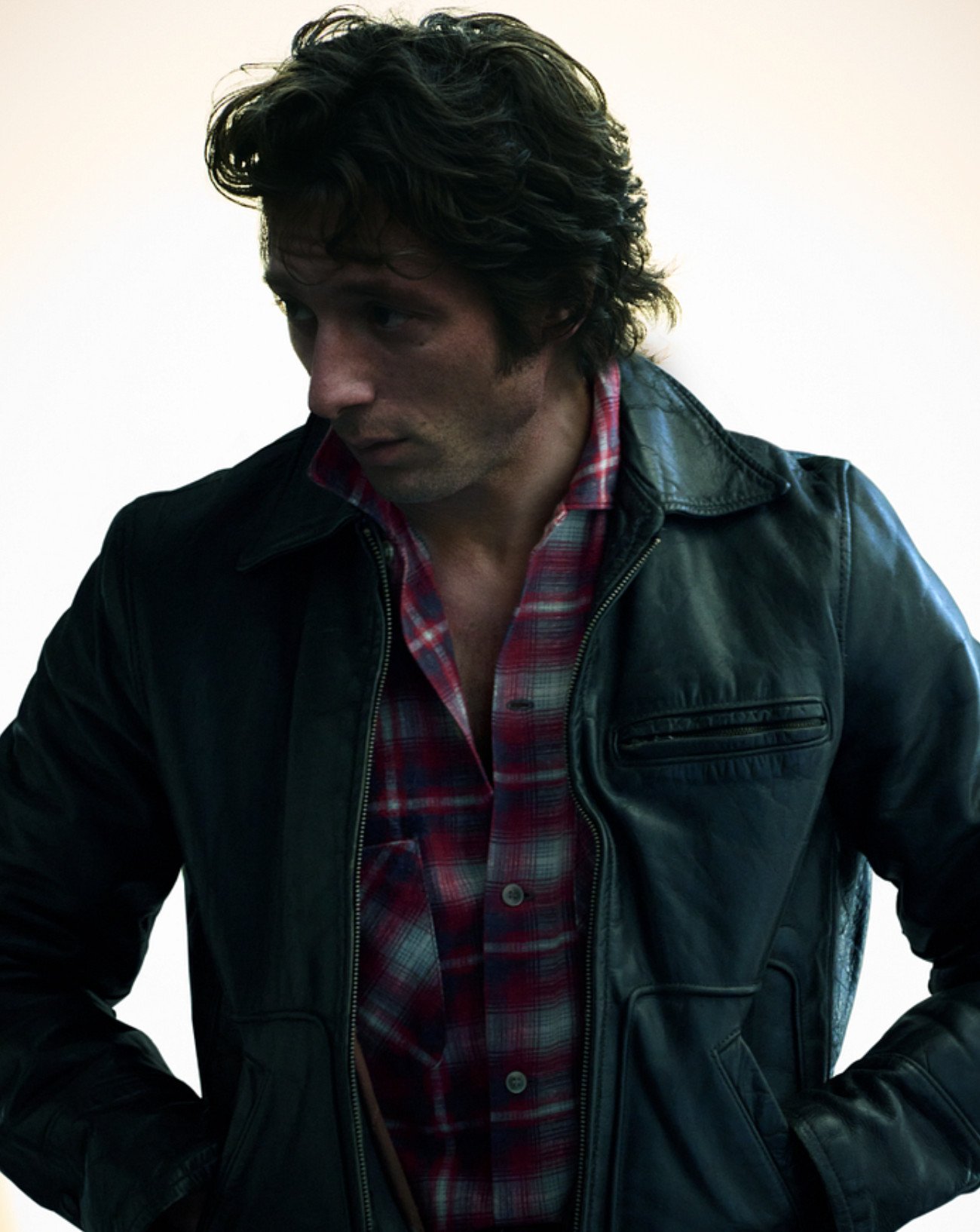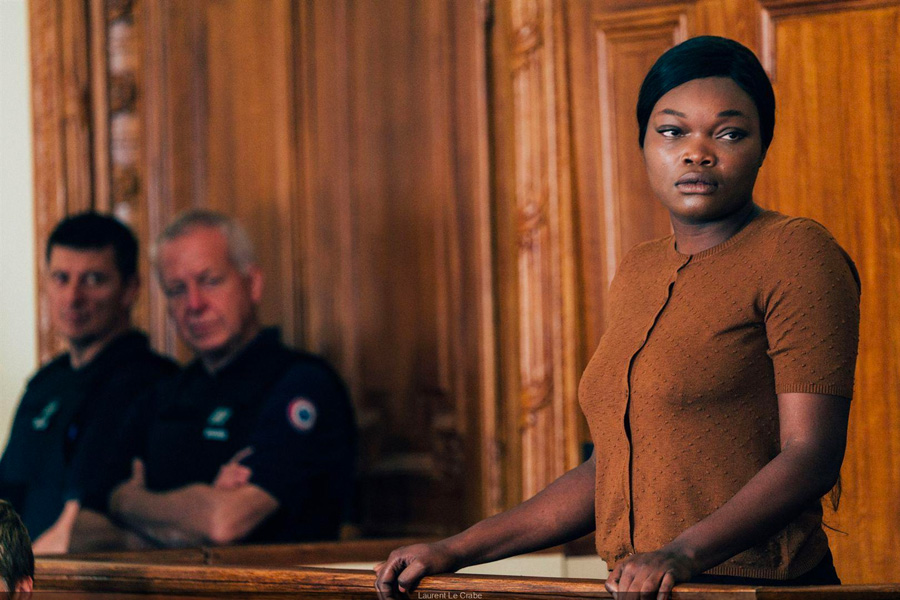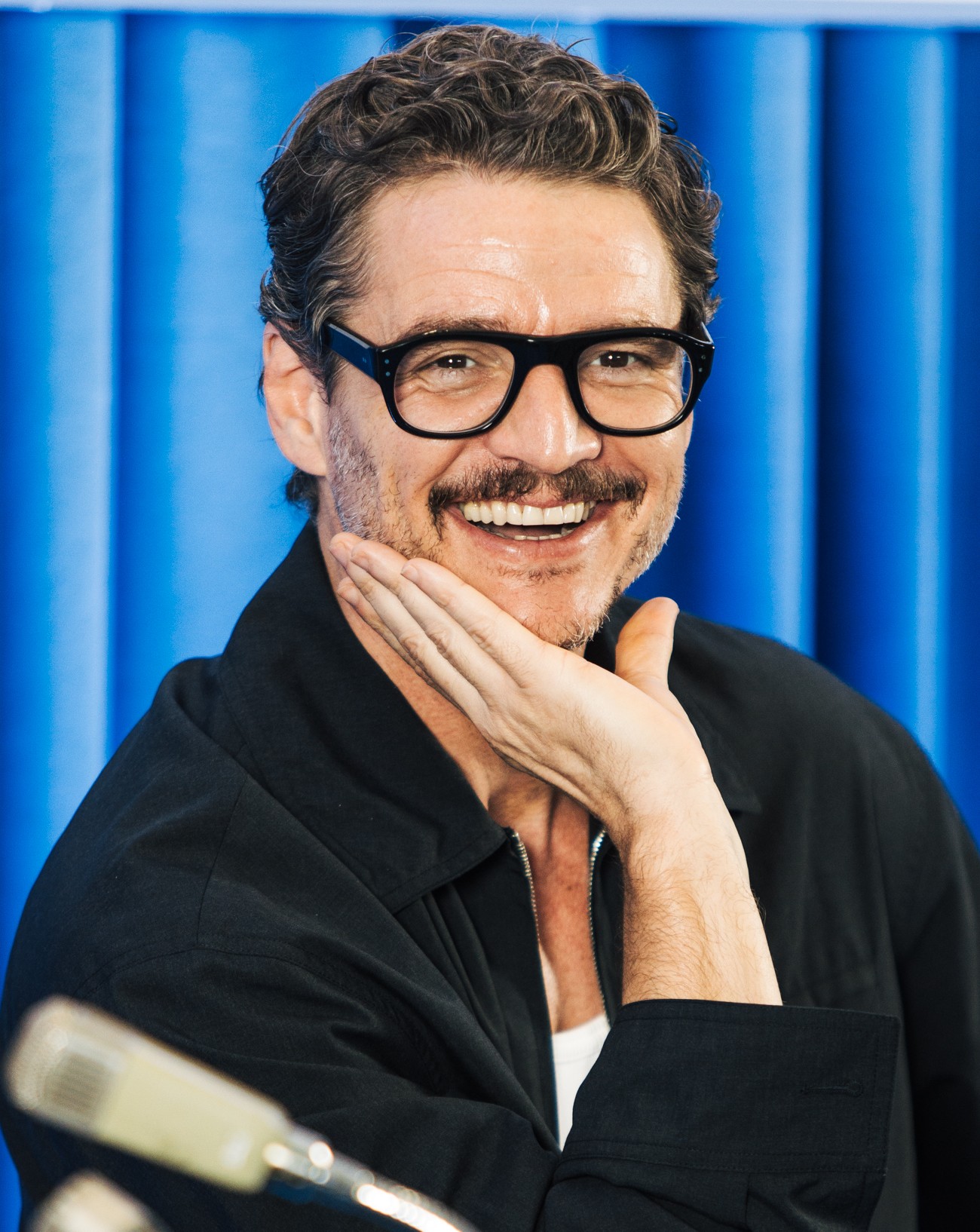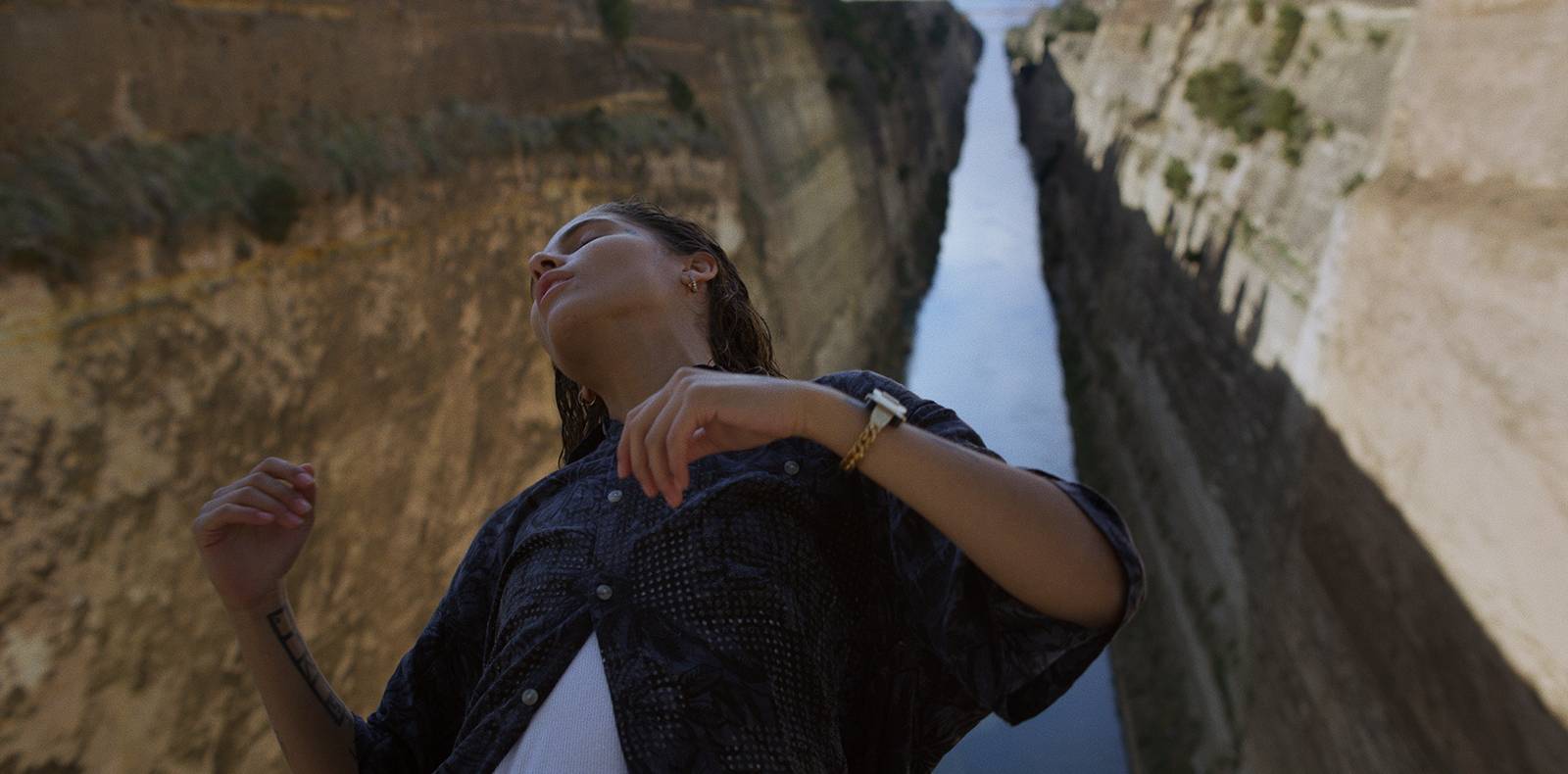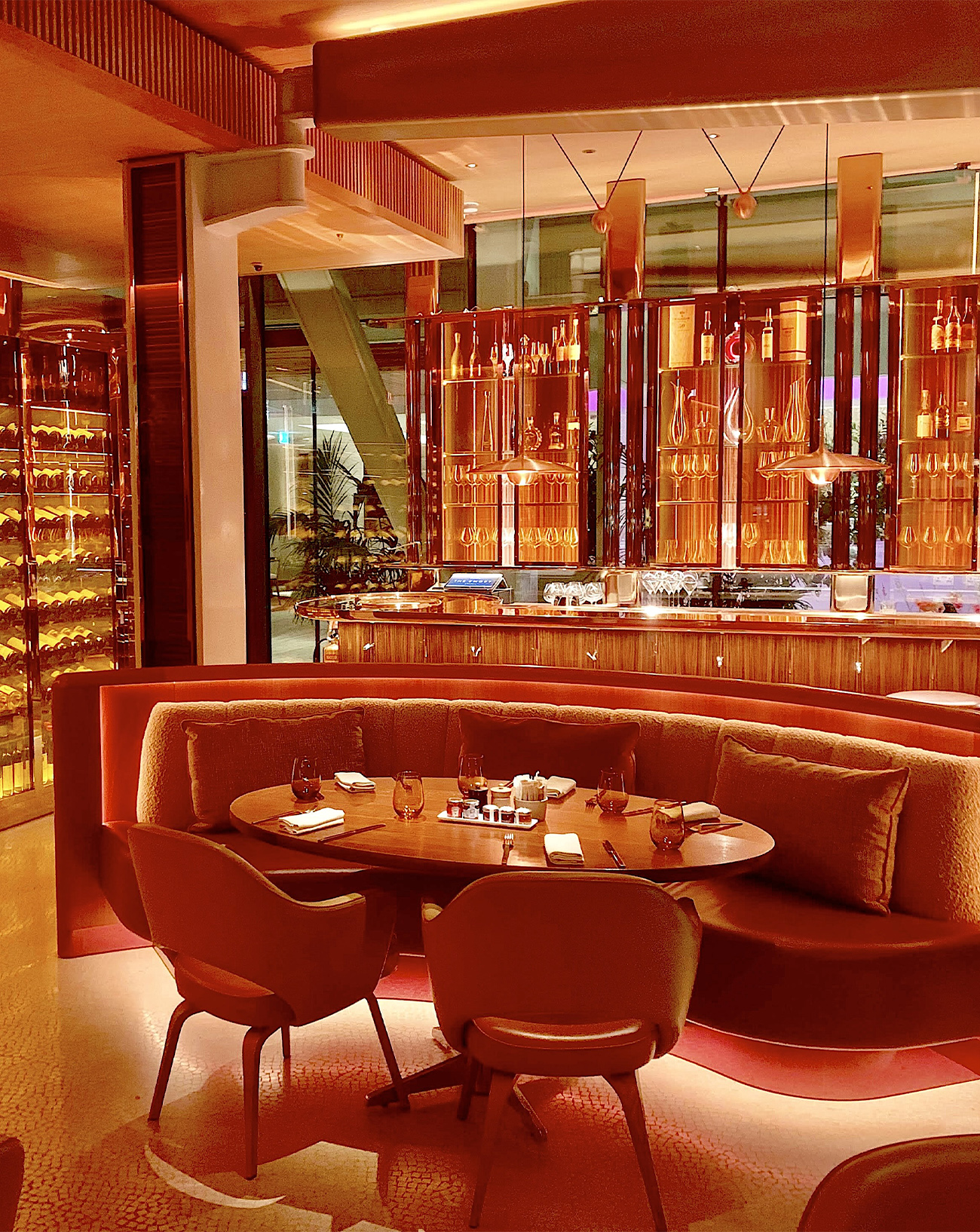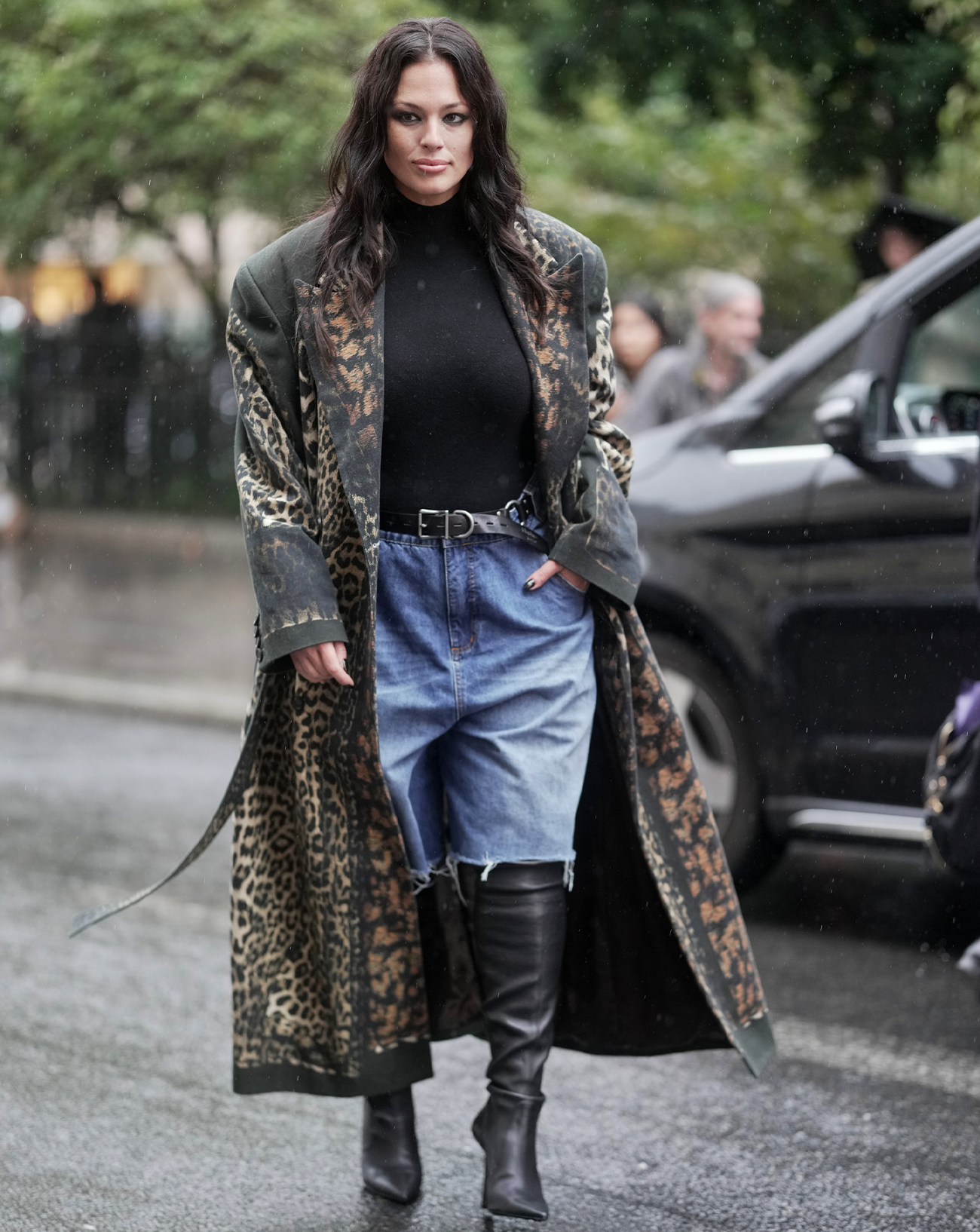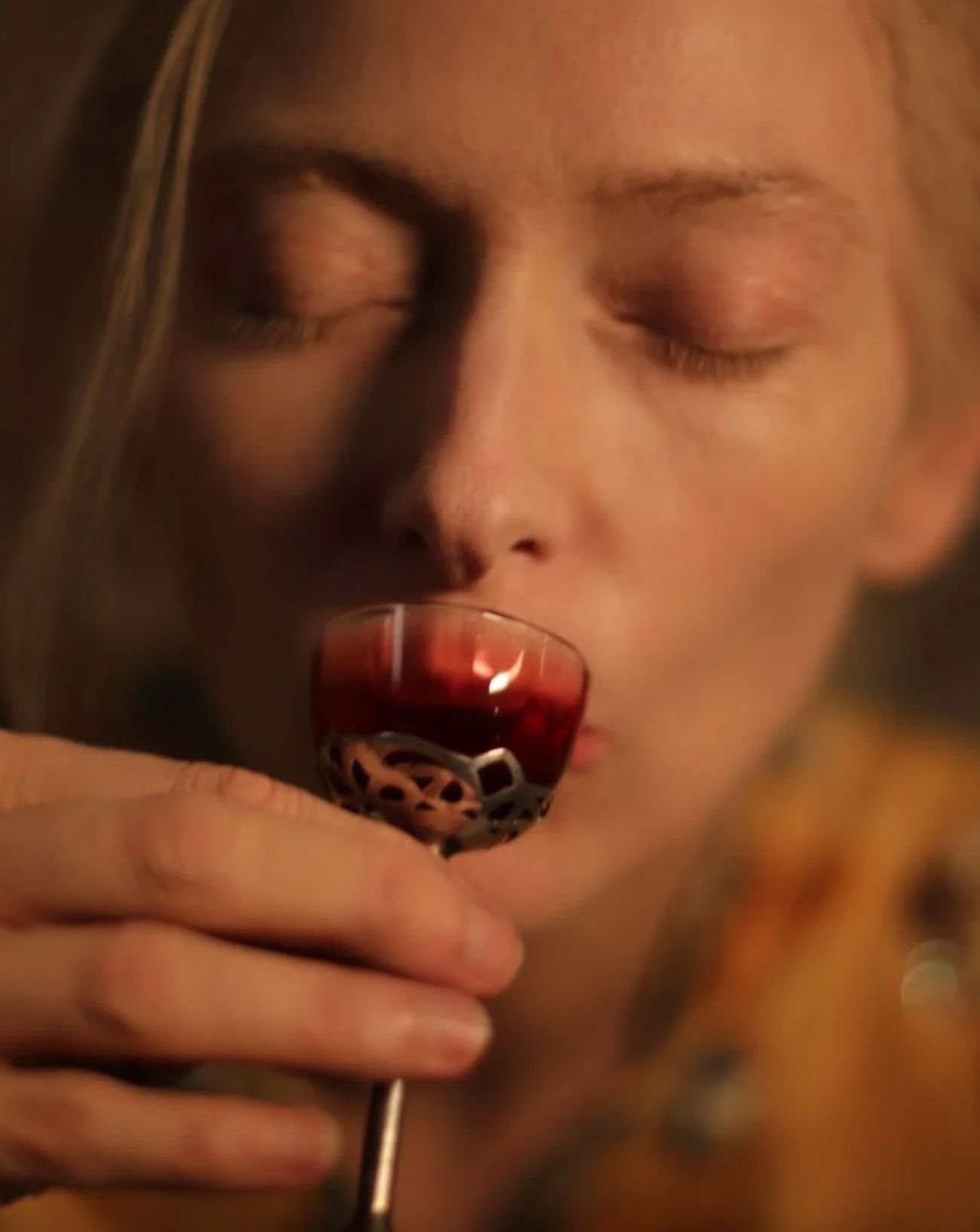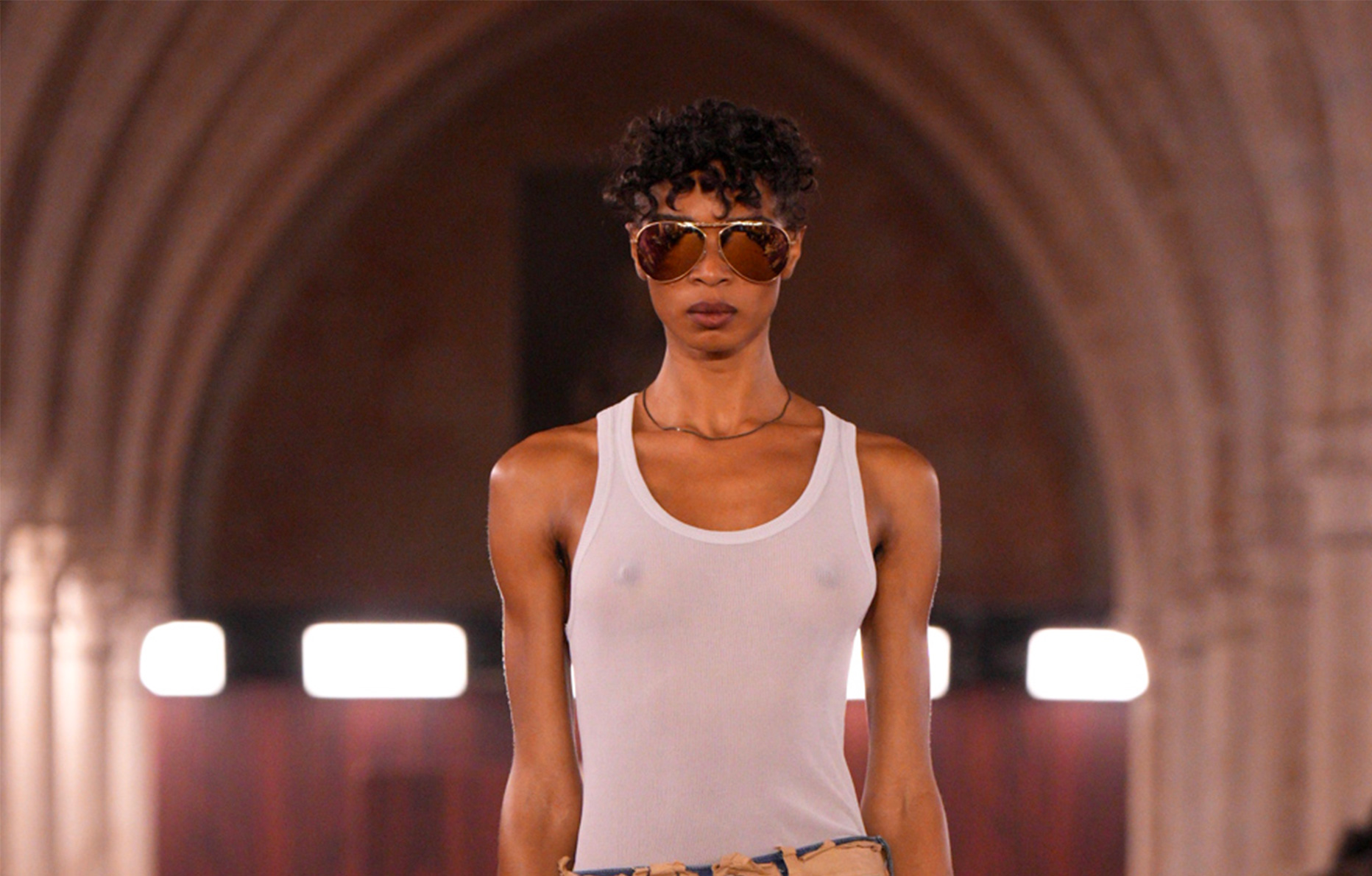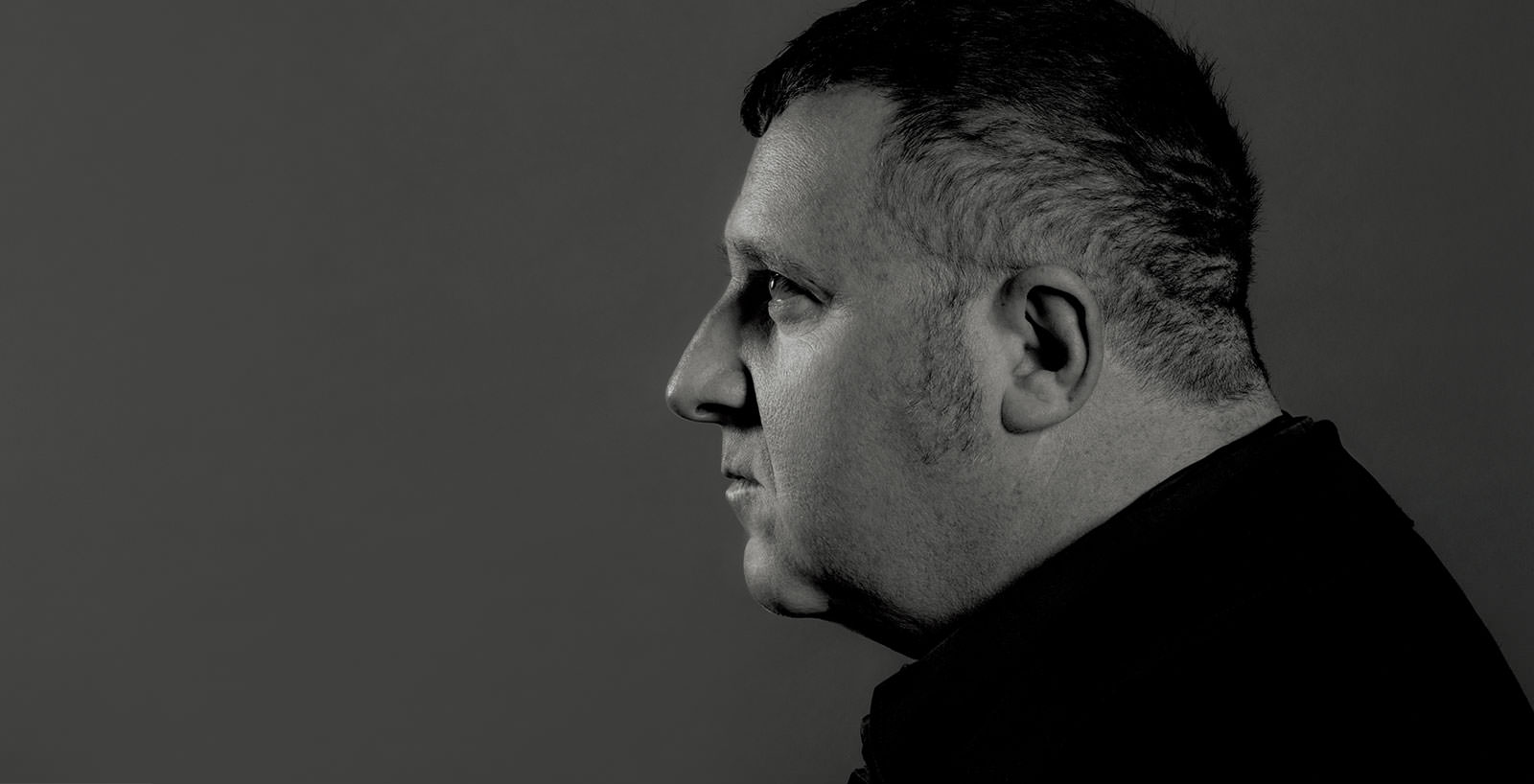
22
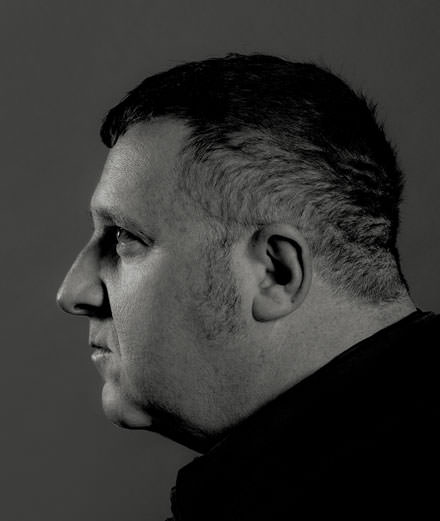
22
BEST OF 2015: Alber Elbaz leaves the artistic direction of Lanvin
As Alber Elbaz has stepped down from his role as creative director of Lanvin, Numéro looks back at its recent interview with the uber talented designer.
by Delphine Roche.
With his mischievous drawings, his ad campaigns bursting with humour and his creations that make women sublime Alber Elbaz, who’s just announced he’s stepping down as Lanvin’s creative director, always made talent rhyme with intelligence. Numéro looks back at an interview with the designer from March 2015 where he talked about his craft with the spirit and poetry that define him.
Numéro: Your humorous drawings are like a signature that’s instantly recognisable. What value does drawing have in your working process?
Alber Elbaz: I always start by drawing. First of all there’s a word, then a drawing, then the fabric. The drawing is a way to make the abstract reality; it’s a very interesting moment. We have an idea, then we bring it to life on paper, then it becomes 3D. It’s like a pathway, a sort of birth.
In the pure yet constructed volumes of your clothes, as with the sometimes hard and austere lighting and make-up of your shows, there’s clearly an intention to highlight women’s strength by going straight to the essential.
The more you add useless details, the more a woman becomes an object. Women are not objects. We need to give them comfort, offer them beautiful things and give them choice, allow them to find themselves through the garments. We live in a very visual world, and of course we have to post photos and videos on Instagram when the show is barely finished, we have to work on our image, but that’s not the most important thing. The image is just the palace gate, not the palace itself.
Haute couture used to dress women for every moment of their lives, from morning to night. Today it’s mainly spectacular evening wear, almost chimerical, and the focus of haute couture is always on the work involved and its absolute preciousness. Is it important for you to invent a beauty, a femininity, an elegance using new comfortable fabrics that are easy to wear?
Comfort is a big issue for me, maybe because I’m oversize and have never been at ease with my body. I look for comfort and as I don’t find it for myself, I like to give it to others. I’ve always said that lacking for something is the mother of all creation. When you have everything you cannot be creative. When you have a lot of money you can buy everything and there’s no obligation to be creative. Creation doesn’t happen with power and financial stability. I think the best dinners are those that start with salt, water, yeast and flour. Not always with caviar.
You don’t over-expose yourself and because of that you have your own corner in the fashion world. Does this viewpoint allow you to see things differently?
It’s a viewpoint that protects me, a viewpoint that allows me to come back the next day. That lets me escape from this great palace to find balance and actually want to come back again. When you live in a dream it eventually dilutes and becomes reality. So it’s important to be able to step out of it, to be an outsider. Of course we do offer pre-collections, and I’m obliged to follow the industry’s schedule, but we also do runway shows, and in these runway shows I can express myself through the themes.
The haute couture dream is embodied through ultra-feminine codes, ruffles and embroidery. You’ve embraced this dream and its frivolity as a cultural element that you’ve reinvented with intelligence and irony.
I try to embrace all the codes of haute couture, the frills, the shimmer, all these ultra-feminine codes, and then rework them. I sometimes compare the work of a designer to that of a criminal on a crime scene: you have to remove all the evidence. I want to do frills but I want them to be in neoprene. What’s interesting is finding the right alchemy. You take two things and from them you create a third. And that’s how you make fashion move forward. Take very conformist codes, don’t break them or revolutionise them, but live them as they are and help them evolve a little further in tomorrow’s direction. It requires a huge amount of intellectual energy because our industry requires you to be smart. When I do job interviews I ask three things of the candidates: They have to be clever, kind and have talent. Talent alone is not enough.






